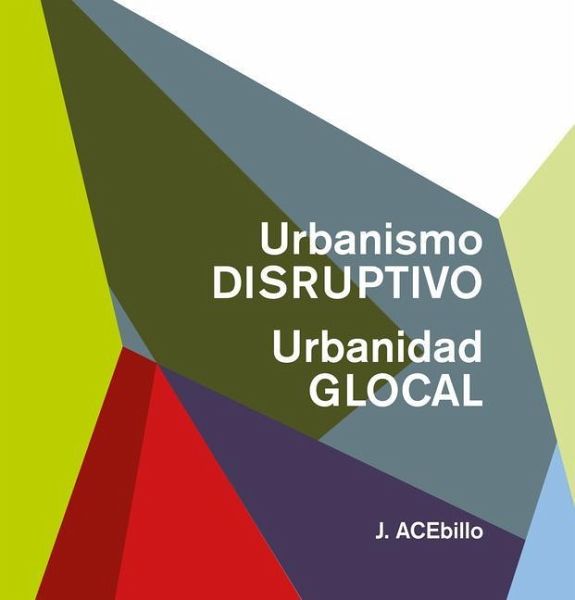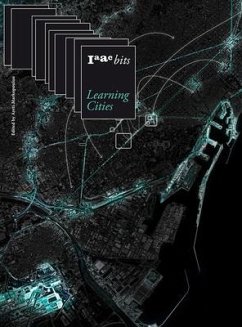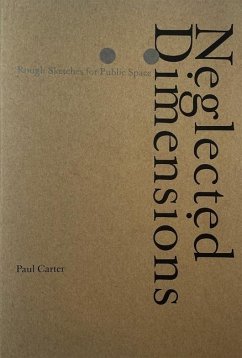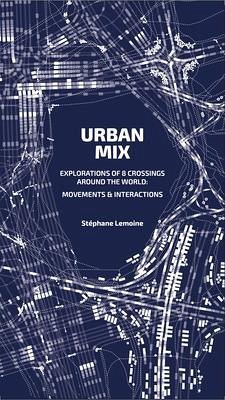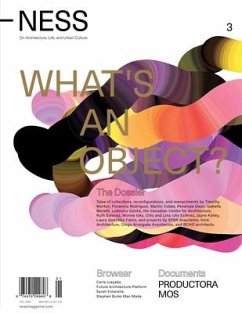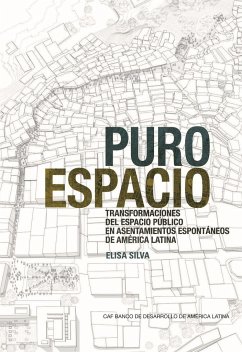Josep Acebillo obtained his architecture degree in the Polytechnic University of Catalonia (ETSAB-1974). From 1974 to 1979, Acebillo worked independently or in collaboration with the MBM studio (Martorell, Bohigas and MacKay). During this period he was awarded the following awards: First Price of the National Competition of School Prototypes in Spain (1979), First Price for the redaction of the Master Plan of the Vall de Bohí in Lleida-Spain (1980), First Price for the redaction of the Master Plan for the Towns of Sitges and St. Pere de Ribes-Barcelona (1980) and the Second National Price of Urbanism in Spain (1982). From 1981 to 1987, Acebillo was the director of Urban Projects Barcelona City Council, his tasks involved the design and construction of 140 urban spaces, infrastructures, monuments and facilities buildings promoted by the Municipality. The Public Urban Spaces of Barcelona constructed during this period were awarded for the quality with the Prince of Wales Prize in Urban Design of the Harvard Graduate School of Design (1990). From 1988 to 1994, Acebillo was the director of IMPUSA, Institute for Urban Development (Olympic Holding) of the city of Barcelona, in charge of leading the projects and building the main infrastructures for the 1992 Summer Olympics. He was the recipient of the Honorific Medal of the City of Barcelona in 1992 for his contribution to the urban transformation. From 1993 to 2011, Acebillo was the CEO (chief executive officer) of the Metropolitan Agency Barcelona Regional, a "think tank" spearheaded for the development of strategic urban projects and infrastructures in the city. His efforts were awarded with the Special European Price of Urbanism 1997/1998 of the European Commission for the project Infrastructure and General Metropolitan Systems. Later in 1998, Acebillo was appointed "Commissioner of Infrastructures and Urban Planning" of Barcelona. In 1999, Acebillo became the Chief Architect of the city of Barcelona. During the same year he was named an honorific member of the Royal Institute of British Architects (RIBA).[1] In 1999, Barcelona was also the recipient of the RIBA awards with the Royal Gold Medal[2] for Architecture due to the contribution of: Narcís Serra, Pasqual Maragall, Joan Clos, Josep Acebillo and Oriol Bohigas. From 2003 to 2006, Acebillo was the coordinator of the Barcelona Urban Strategy Advisory Council which was composed of Richard Rogers, Dominique Perrault, Oriol Bohigas, Ramon Folch, Antoni Marí, Manuel de Solà-Morales and Joan Trullén, to advise the municipality on global strategies. In 2009, Acebillo founded BcNSus, an economic interest group based in Barcelona, led by key players from public and private entities, with the aim of participating in projects abroad. He was CEO of BcNSuS until 2011. Under the urban leadership of Acebillo, Barcelona has received worldwide recognition for the positioning of the city in the international architecture field. Following this recognition, Josep Acebillo was frequently called on to assess other cities such as London, Ostend, Kazan, etc. and guide their urban transformation endeavours. In 2003, in the case of London, Acebillo was appointed a member of the International Design Committee (London Development Agency) to assess the city development. Josep Acebillo has always been very active in teaching, first at the Ilaud (International Architecture and Urban Design Laboratory) of Urbino, [3][4] then as visiting professor in several architecture schools, among them the School of Architecture of the Yale University, the Harvard Graduate School of Design and the architecture school of NUS (National University of Singapore). Since 2001, Acebillo has taught the "Culture of Territory" in the Architecture Academy of Mendrisio (Università della Svizzera italiana), in which he was the Dean of the Faculty for two consecutive mandates, from 2003 to 2007. In 2004 he founded the Institute for the Contemporary Urban Project (i.CUP) and in the same year was named Director for Architecture and Infrastructure of the 2004 Universal Forum of Cultures in Barcelona. Since 2007, Acebillo has opened up a professional studio Architectural Systems Office in collaboration with architect Stanislava Boskovic Sigon. He continues teaching in the Architecture Academy of Mendrisio.
